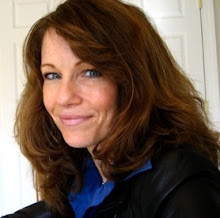In an article titled “6 Secrets to Creating and Sustaining Suspense” by Steven James, in the most recent Writer’s Digest, Mr. James maintains that suspense occurs in the still moments of a story, between the promise of something happening and when it actually happens. He writes:
 “If readers complain that ‘nothing’ is happening’ in a story, they don’t typically mean that no action is occurring, but rather that no promises are being made.”
“If readers complain that ‘nothing’ is happening’ in a story, they don’t typically mean that no action is occurring, but rather that no promises are being made.”Interesting. Suspense could be born of a promise or promises of a happening or happenings to come, couldn’t it? It makes sense that “nothing” happening in a story could be attributed to a lack of promises. When I think about the novels I’ve most enjoyed reading, they have indeed made pledges. As I read, I anticipated what was coming based on how my expectations had been primed or set up. Make me big promises in a story, and I’ll be flipping pages to find out what happens and if the commitments are fulfilled. Isn’t this page flipping and inability to put a book down what readers crave and what writers strive for?
Which means, promises need to be kept. How frustrating to be expecting resolutions and get squat.
Are you aware of the promises being made to you when you are reading?
If you are a writer, are you aware of the promises you make in your writing? Do you keep your promises?











